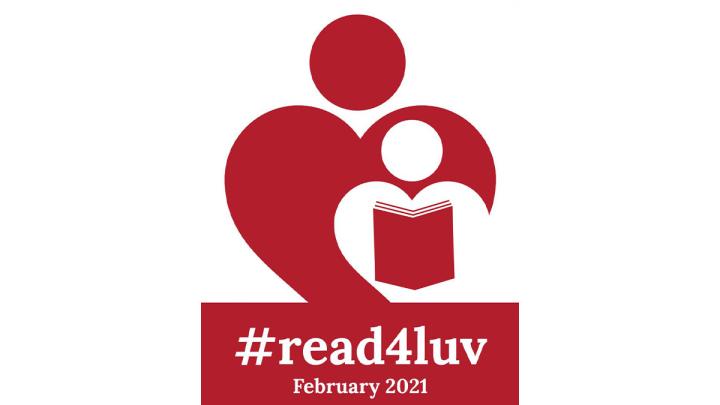
Month-long Social Media Push Promotes Reading Aloud to Children
The University of Rochester’s Warner School of Education is running its annual social media campaign to promote the importance of reading. The month-long reading initiative themed “What Are You Reading?” encourages readers to document, share, and tag photos of books read aloud to children, using the hashtags #Read4Luv and #WhatIAmReading. Throughout the month of February, people are also encouraged to share posts and photos of their favorite childhood books.
The annual social media campaign promotes the importance of reading aloud to children of all ages, and continues to yield many posts and photos of people sharing books and their enjoyable experiences of reading together. Its aim is to help ignite children’s passion for reading.
According to literacy expert Carol Anne St. George, associate professor and director of the literacy education program at the Warner School, reading aloud to children sets them up for a lifelong love of books and reading.
“It helps grow their vocabulary and their understanding about the world around them,” says St, George, who launched the annual reading campaign in 2017 and continues to lead this initiative. “The closeness of snuggling up with a favorite book leads to an increase in self-confidence and imagination, and helps children gain a wealth of knowledge from the books they share with an adult. It only takes 15 minutes a day of reading together to nurture this growth.”
With Valentine’s Day on the horizon, St. George offers the following seven tips for reading aloud and helping kids to “fall in love” with reading:
- Make the read aloud an enjoyable experience. Snuggle up, relax, and have fun. Take time with a page, and point out pictures and other print features. Children may want to take an active part by turning the pages when you read or being responsible for reading/saying aloud certain words within the story.
- Select a wide variety of books, genres, and illustration styles.
- Read with expression. Use funny voices for the different characters and sounds in the text.
- Fluctuating your pace—reading faster or slower—can help if your child becomes distracted. Your child may want to draw while you read or act out portions of the story. As your child gets older, increase the length of time reading together and the complexity of the story.
- Children may want to hear the same story over and over, and that’s fine. Though it might challenge the patience of the adult, children still reap benefits from repeat readings of the same book.
- Conversations about the story may be helpful to maintain interest. Ask your child to make predictions about what is going to happen next. Make connections between the story and your child’s life. Ask if a character in the story reminds them of someone they know or would like to know. Ask who their favorite character was or how the story could end differently.
- With family story time, older children can participate by taking a turn reading. Listening to a story together grounds families and offers a shared experience to relate back to. It is a misconception that children outgrow the benefits of reading aloud. Indeed, all ages can benefit from being read to.
To help support this effort and show the value of reading aloud, graduate students, faculty and staff of the Warner School will partner with and provide literacy support to scholars from East Lower School. Approximately 35 adult volunteers will be paired with eighth-graders at East as they read together during scheduled times this school year.
The month-long campaign kicks off on February 1, 2021. Readers near and far are encouraged to share photos of the books they are reading with children—or even some of their own favorite childhood books—on social media (Facebook, Instagram, and Twitter), using the hashtags #Read4Luv and #WhatIAmReading, throughout the month of February.